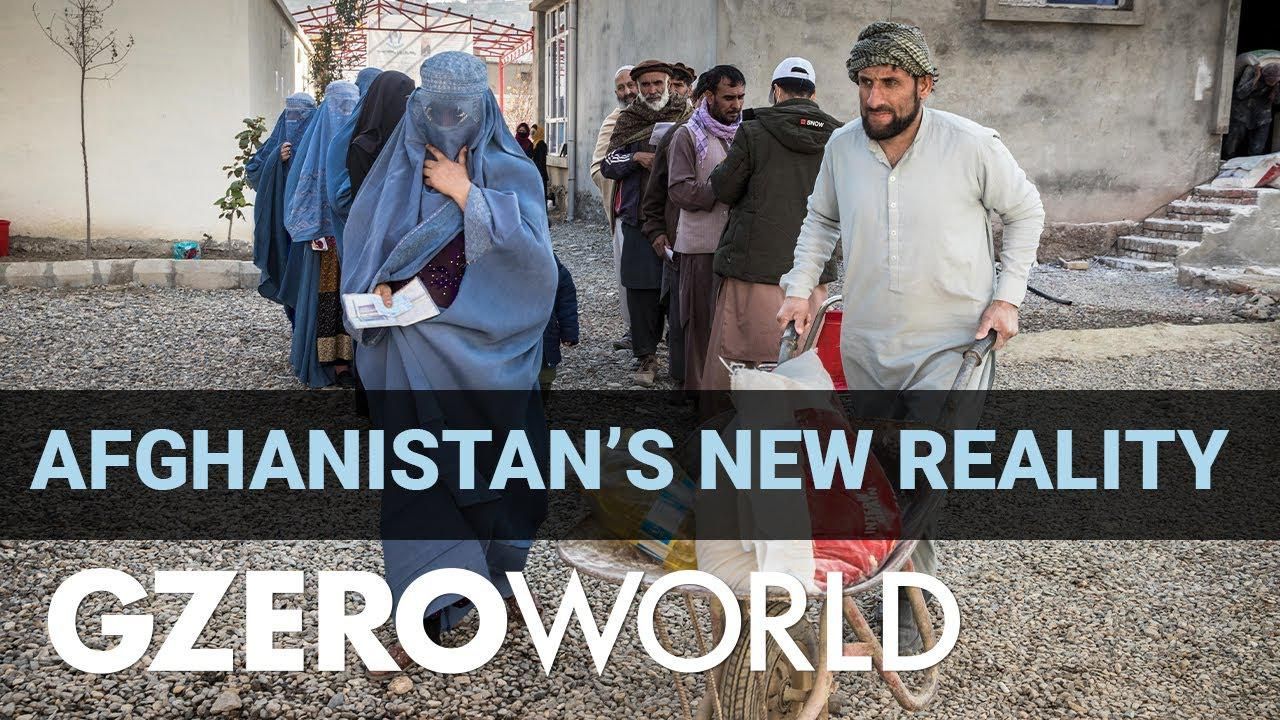GZERO World Clips
Ahmed Rashid outlines the new political reality in Afghanistan

Ahmed Rashid Outlines the New Political Reality in Afghanistan | GZERO World

The Taliban regime is struggling to govern Afghanistan. The country faces potential famine and economic hardship, with a long winter ahead. Many Afghans feel desperate and are likely to flee as refugees or risk their lives in widespread protests. What can we expect to see from the Taliban under these conditions?
Few people know more about the Taliban than journalist and author Ahmed Rashid, who wrote the book on the group — literally. In the months after 9/11, his critically acclaimed 2000 study, Taliban: Militant Islam, Oil & Fundamentalism in Central Asia, became a go-to reference as the US geared up to invade Afghanistan and knock the militant group from power. Rashid spoke with Ian Bremmer on GZERO World about the so-called “Taliban 2.0.” How much has the group changed since the days of soccer-stadium executions, television bans, and blowing up world heritage sites?
Watch the GZERO World episode: Taliban 2.0: Afghanistan on the Brink (US AWOL)
Tune in on Saturday, February 14th at 12pm ET/6pm CET for the live premiere of our Global Stage from the 2026 Munich Security Conference, where our panel of experts takes aim at the latest global security challenges.
Think you know what's going on around the world? Here's your chance to prove it.
At the Munich Security Conference, the mood is clear: Europe no longer assumes the United States will lead. In this Quick Take, Ian Bremmer reports from Munich, where this year’s theme, “Under Destruction,” reflects growing anxiety that the US itself is destabilizing the transatlantic alliance it once anchored.
Every year, the Munich Security Conference, the world’s leading forum on international security, releases data that sheds light on how citizens view global risks.